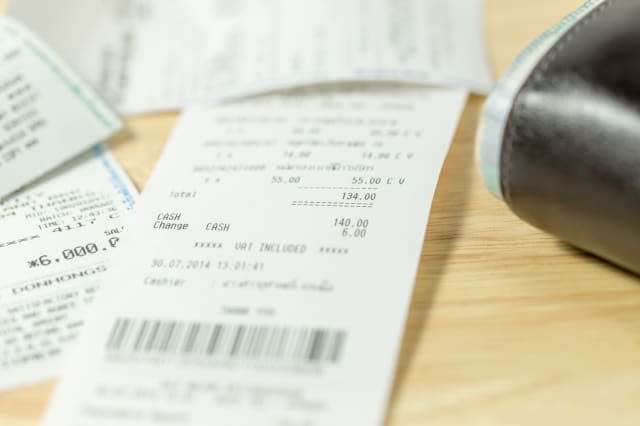What will happen to food prices in 2017?

The supermarkets have been engaged in a price war for years, and we've all got used to food prices staying the same, or even falling.
Aldi named best value supermarket for second year
Unfortunately, though, things are looking set to change, and shoppers are being warned to brace themselves for price hikes.
The looming prospect of Brexit is the biggest reason by far, and is having an effect in some less-than-obvious ways.
We look at what's likely to affect the price of your food shop over the coming year.
Supermarket prices 'will rise at least 5% next year as result of Brexit'
Sterling's drop in value
The extraordinary fall in the value of the pound after the Brexit vote has softened a little in the months since. Nevertheless, the pound is still worth around 20% less than this time last year, making imported goods that much more expensive. And of course this applies to manufacturers' ingredients too.
Up to now, shoppers have been largely insulated from this increase, as supermarkets have cut their margins to the bone. Many suppliers are also still working on contracts signed before the vote. However, as we enter 2017, this grace period is running out.
Petrol and food prices expected to spark rise in inflation figures
EU workers are leaving
Food industry groups from the Food and Drink Federation and the British Retail Consortium to the Association of Bakery Ingredient Manufacturers have warned that workers from the EU are already leaving. While there's no chance of free movement being curtailed this year, the UK is already a far less attractive prospect for overseas staff.
If produce is left to rot in the fields, what's harvested will go up in price. And increasing pay (which would itself mean higher prices) won't necessarily mean filling the vacancies, as many farmers say they can't get Brits to do these jobs at any price.
Transport costs are rising
Some experts are warning that petrol prices could rise by 3p a litre following an agreement by oil producers to cut global output in early December. Of course, the fall in sterling has had its effect here too.
And with transport costs making up a significant part of end prices, customers are likely to have to fork out more at the till.
High stock levels
One ray of hope - though not much of one - is the fact that there are currently very high stock levels of some products worldwide, notably wheat, corn and soybeans. If countries like China decide to sell these stocks off quickly, it could bring prices down.




